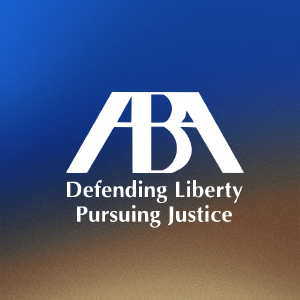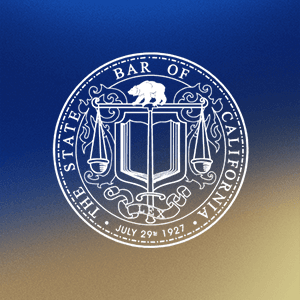Challenge for Cause
What is Jury Selection?
Jury selection (also known as the French term “voir dire”) is the process of eliminating the least desirable persons from the group of prospective jurors.
How is Jury Selection Done?
This process involves the questioning of prospective jurors by both the judge and attorneys for both sides (prosecution & defense in a criminal case or plaintiff & defendant in a civil case). The answers potential jurors give to the questions asked during jury selection help the lawyers obtain information about jurors' biases, opinions, and background.
This information is used to eliminate unfavorable jurors by exercising challenges for cause and peremptory challenges. There are two basic differences between a challenge for cause and a peremptory challenge. First, a challenge for cause requires a legal basis for a juror's disqualification, such as bias, inability to understand the trial or communicate with jurors. A lawyer may generally use a peremptory challenge without giving a reason. Second, the number of challenges for cause available to the attorneys is unlimited, while the number of peremptory challenges is limited by statute.
In California, for most cases the number of peremptory challenges available to each lawyer is ten so long as there is one defendant. For death penalty or life imprisonment cases where a single defendant is involved, each attorney is permitted 20 peremptory challenges. In criminal cases where the maximum sentence is 90 days jail the amount of peremptory challenges available are six per attorney. Challenges for Cause are used when a lawyer discovers that a prospective juror does not satisfy the statutory requirements for jury service or cannot be fair or impartial.
Statutory grounds for juror disqualification include a juror who is a non-citizen, a convicted felon, a non-resident of the jurisdiction, or someone who is unable to understand or communicate in English. If the lawyer demonstrates that the potential juror can be disqualified on statutory grounds or cannot be fair and impartial then the law allows the judge to excuse that juror for “cause.” For example, if the juror is related to a witness or party, that juror may be excused for “cause.” If a juror had several confrontations with law enforcement, that juror is likely to be biased against any law enforcement witness that may testify at the trial.
That potential juror may be challenged and excused for “cause” if the bias is uncovered. Challenges for Cause are usually made out of the presence of the prospective jurors. Since an attorney is permitted an unlimited number of challenges for cause, lawyers prefer to use a challenge for cause because it allows the attorney to preserve the limited amount of peremptory challenges. Knowing how to select a jury is one of the most important skills that a trial attorney possesses. Mastering jury selection by a civil or criminal defense attorney is a skill that is acquired by doing many trials.
Client Reviews
-
God Bless you Stephen, wish you all the successes in life.
“Stephen is a great contact and extremely helpful and knowledgeable. I am glad that I was his client in the past. Top lawyer, top man. God Bless you Stephen, wish you all the successes in life.”
-
Don't hesitate to contact them!
“I was referred to this group of Attorneys. I was started with a low cost made arrangements. My case had to do with assault allegations. The case was dismissed they helped me not to loose my daughter to the system.”
-
Never Talk To Police
Know your rights when questioned by law enforcement.
Defend Your Rights -
Learn What To Do When Confronted and Interviewed By The Police
Honest & practical advice during a free initial consultation. Call now to get started!
Read More -
Don't Plead Guilty!
A plea bargain may not be in your favor. Let us help evaluate all of your options.
Learn More








